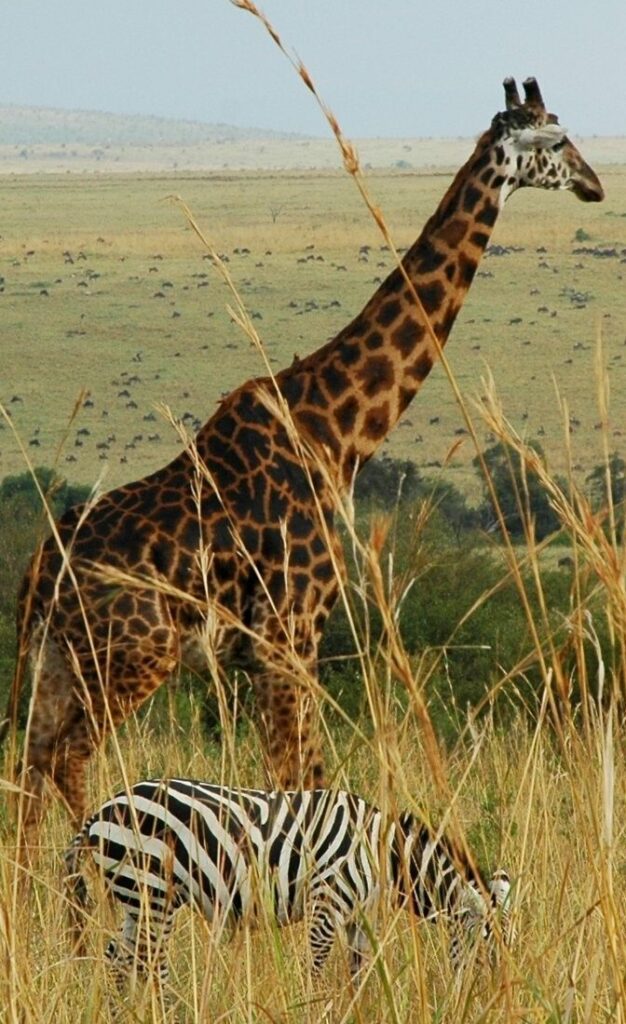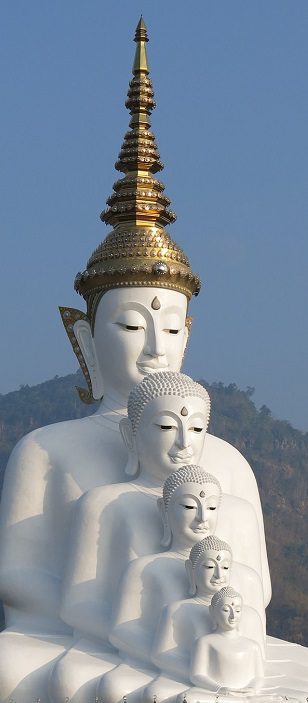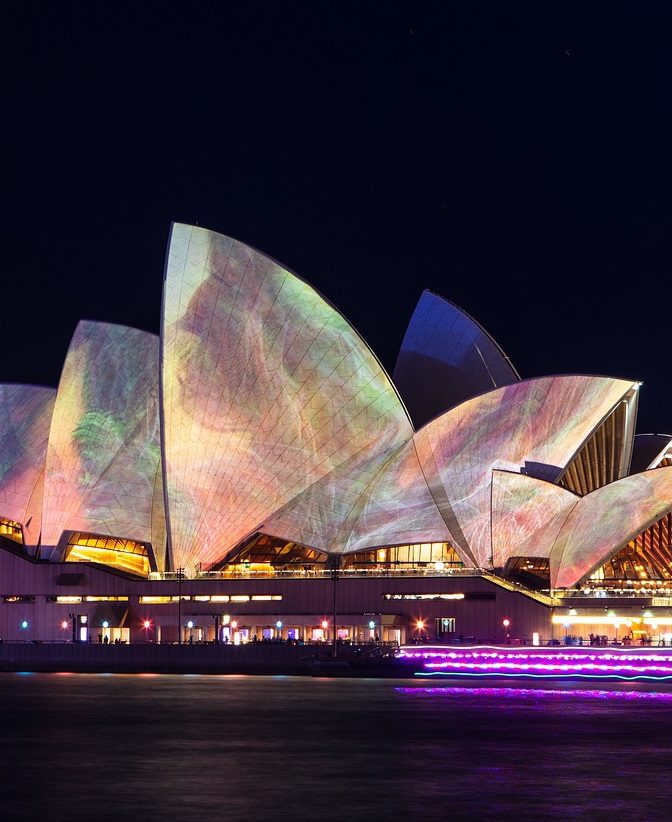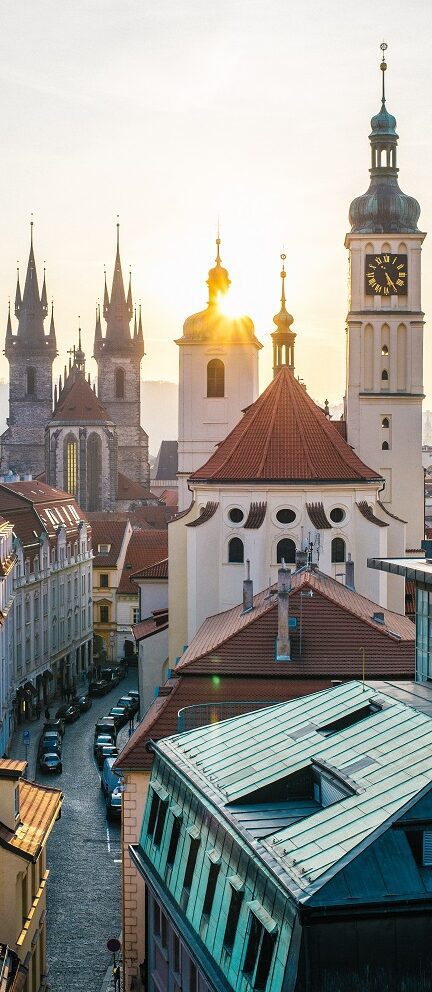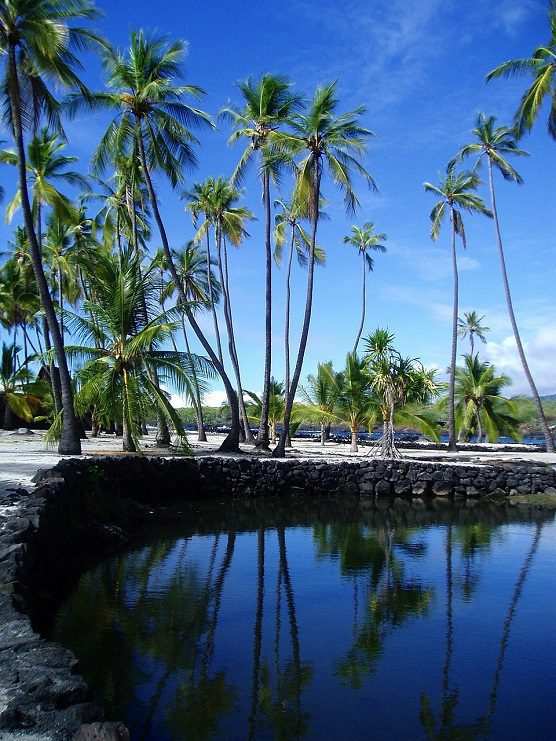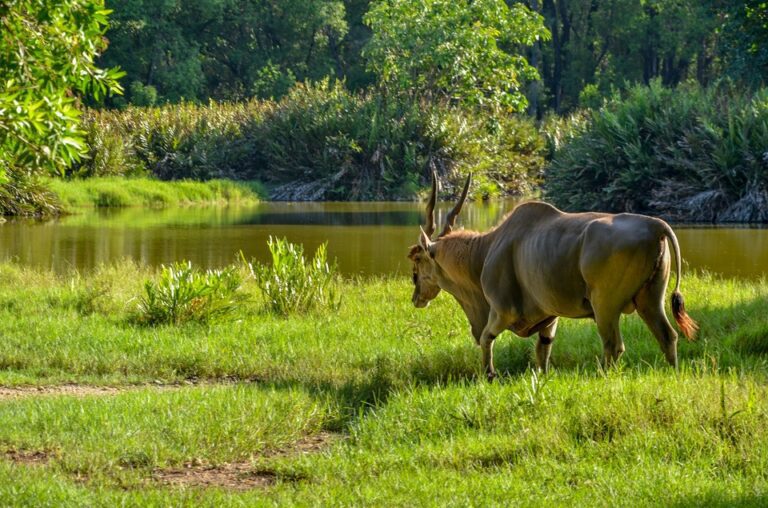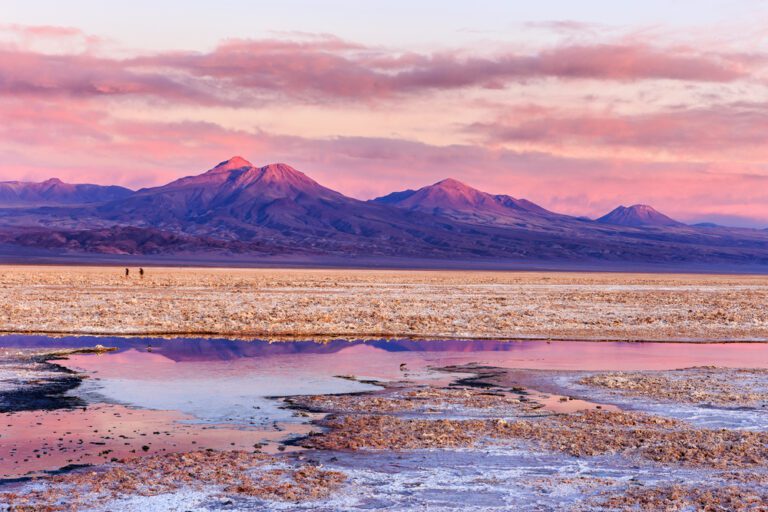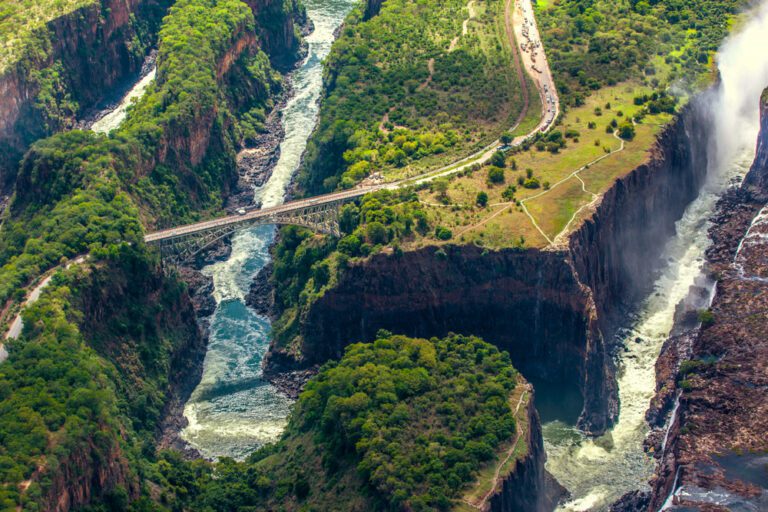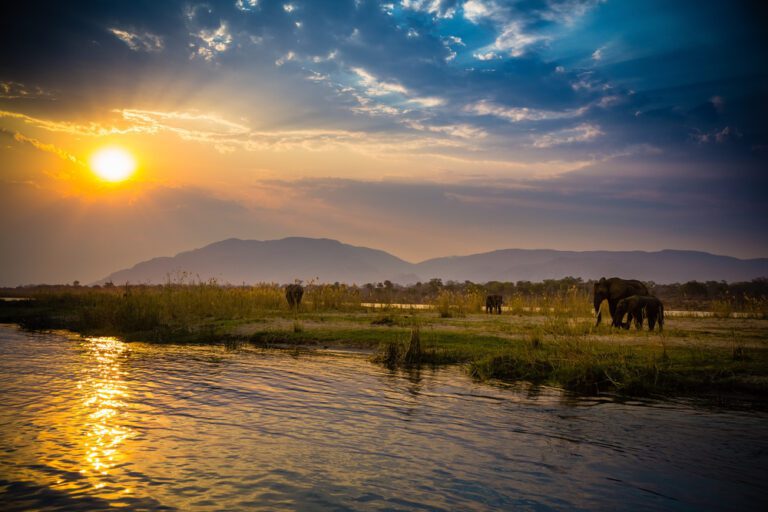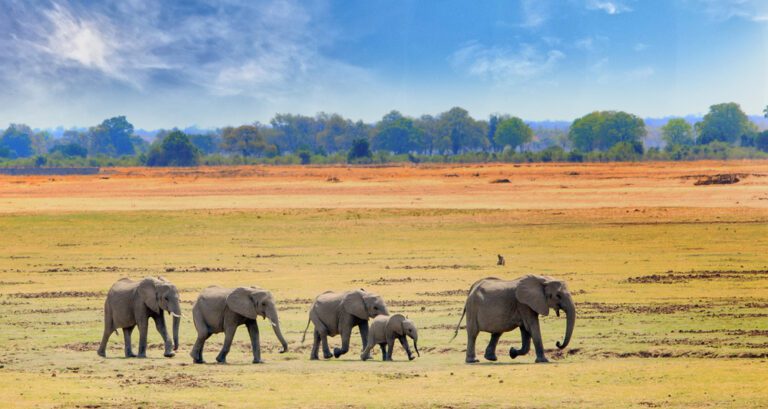Growing up in Upstate New York, I started fishing with my dad as early as I can remember, and hunting at 16. He taught me how to identify different species of waterfowl, how to shoot and clean a gun, and which flies to use to catch trout. No matter where I am in the world, the change of leaves means grouse and woodcock hunting and the beginning of deer season; the first snowfall is a sign that duck and goose season is on the way. I’ve always hated hiking for hiking’s sake, yet I will happily walk for miles in search of game. I’ve also never been a morning person, but I’ll easily wake up at 4 a.m. on the coldest winter day for a duck hunt, or at first light in the summer to fly-fish some deep pool of a river. It’s early morning
It’s no wonder I opted to buy 130 acres of farmland in a familiar corner of Upstate before I considered buying a primary residence in the city. But while I’m a kid from Binghamton, I’ve always been a sucker for big cities and all they have to offer.
As an art student and later as a professional photographer living in New York City and circling the globe on assignment, I became the rare guy who loves an ice-cold American beer out of a can about as much as a French Bordeaux—and I’m as comfortable in a pair of waders as I am in Belgian loafers. Over the years, I’ve been lucky enough to travel extensively to hunt (woodcock and grouse in the Adirondack, wild boar in Texas) and fish (salmon at remote camps in Alaska, trout in the Spanish Pyrenees).
But it wasn’t until I went to Argentina—starting in Patagonia, the Western Hemisphere’s southernmost tip that includes 260,000 square miles of Argentina and a slip of Chile, up through the central agricultural plains that surround the colonial city of Cordoba—that I found the perfect union of all my loves: nature, wine, and an effortlessly sophisticated approach to food and decor. More than any other country I’ve visited, Argentina is designed for the gentleman sportsman. It’s nearly impossible to get your head around the vastness of the land and the sky when you’re standing thigh-deep in the clear waters of the Chimehum River, casting for brown and rainbow trout that have grown improbably fat thanks to the river’s catch-and-release policy.

Unlike expansive landscapes in the American West—where, outside of national parks, nature inevitably bleeds into strip malls or suburban housing developments—in much of Argentina, there are few man-made structures to help you grasp the scale of the place; your only clue maybe the silhouette of a gaucho herding cattle against the backdrop of a Jurassic landscape. It’s equally moving to watch the sunrise over the seemingly endless fields of head-high sunflowers as you head out to hunt doves in the agricultural province of Cordoba, which has, over the past few years, become one of the finest wing-shooting destinations in the world. Yet it’s more than this. There’s an unfussy elegance, the softer side of the sporting experience that is at odds with its more macho, blue-collar American counterpart.
Add to that a financial accessibility for this level of luxury that doesn’t exist elsewhere in the world. Things that don’t seem like much are, in context, everything when you consider the alternative, which typically involves a motor lodge off some highway, a burger from a diner, and definitely no frills. Outside of a handful of exclusive lodges in Europe and the United States, refinements like lavender-scented sheets in the guest rooms, someone offering to stoke a wood-fired sauna for you, a handwritten note that cocktails will be at 9 p.m., after the evening hunt, and a kitchen that turns the stag or wild boar you shot into the night’s asado and serves it with an exceptionally good malbec just don’t cross over into the hunting experience.
